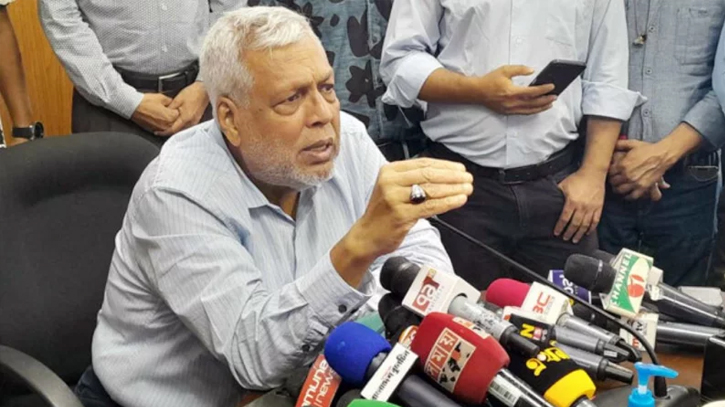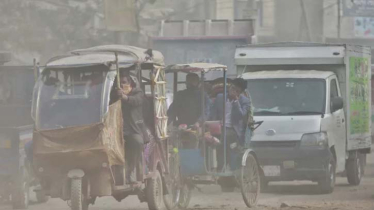
Photo : Collected
Adviser of the interim government, Fouzul Kabir Khan, has called upon the international community to accelerate their response against the antimicrobial resistance (AMR), as it is threatening to disrupt a century of progress in medicine.
“AMR is considered the next super pandemic and one of the top 10 global public health threats facing humanity. We need committed and coherent actions for an accelerated response in combating AMR,” he said.
Eenergy, Roads, and Railways Adviser Fouzul Kabir was addressing a high-level meeting on antimicrobial resistance here at United Nations Headquarters in New York on Thursday, which was convened by the President of the United Nations General Assembly.
Fouzul Kabir said Bangladesh welcomes the draft political declaration on AMR.
He said the AMR is leaving a menacing impact on human health, food production, animal health, and the environment. It is a critical challenge that intersects with multiple SDGs, making it a global priority, he said.
“The Global South has been experiencing an increasing number of multidrug-resistant typhoid and other bacterial diseases. It is estimated that around 5 million people die annually due to AMR, and by 2050 it will result in 10 million, he said.
The adviser said Bangladesh is a signatory to the Jaipur Declaration on AMR. “Our National Action Plan on AMR aligns with the WHO Global Action Plan on AMR. We are providing comprehensive AMR surveillance data to the WHO GLASS Platform,” he said.
He said Bangladesh has also developed the National Strategic Plan (NSP) and National Action Plan (NAP) on AMR 2021-2026 with a "National AMR Containment Program." National AMR surveillance for human health, animal health, and AMC (antimicrobial consumption) surveillance is ongoing.
He said extensive advocacy, communication, and social mobilisation initiatives have been launched nationwide. “We have formed the Bangladesh AMR Response Alliance (BARA) for rational use of antibiotics,” he said.
Fouzul Kabir said Bangladesh has taken the model pharmacy scheme, adherence to good manufacturing practices, and elevated the Drug Act, coupled with the formulation of a national antibiotic policy and a blueprint for national AMS implementation guidelines.
“One health framework is crucial to addressing AMR. We must adopt a global mechanism where communication, coordination, collaboration, and coalition would be at the centre,” he said.
Bangladesh has a national One Health Strategy that recognises AMR as a multisectoral problem, he added.
“We must break institutional silos and work across governments, international organisations, agencies, civil society, and private sectors. We must enhance financial flow, scientific research, and awareness, as well as develop strategies to minimise environmental exposure,” said the adviser.
Messenger/Fameema








